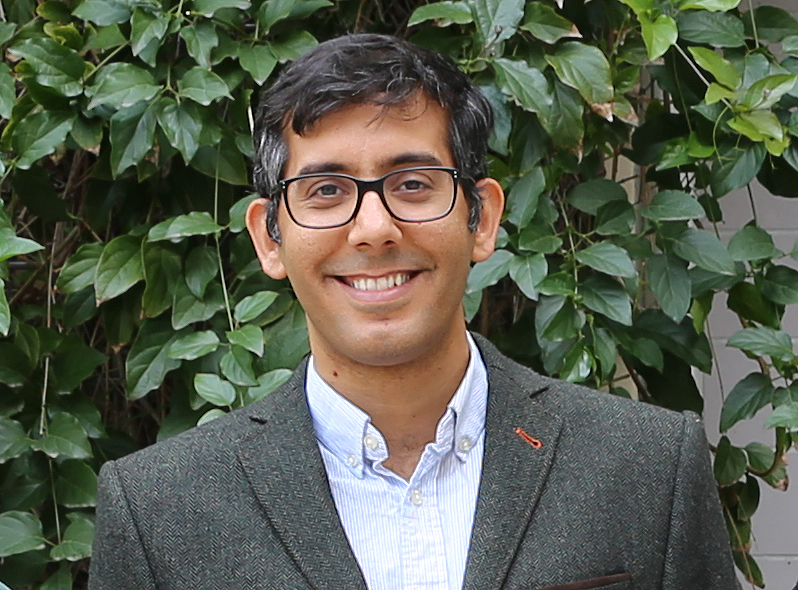Qomi Selected as Hellman Fellow

July 24, 2019 - Mohammad Javad Abdolhosseini Qomi, assistant professor of civil and environmental engineering, has won a $50,000 Hellman Fellowship. Qomi is one of five assistant professors at UC Irvine to receive the award, which is bestowed annually to support research of junior faculty.
Qomi’s research seeks to understand the relationship between the chemical composition and physical properties of multiscale porous materials such as natural and synthetic rocks. The Hellman Fellowship will support his project, which aims to uncover the underlying chemical reactions responsible for storing carbon dioxide as carbonate minerals during the geological carbon sequestration process. Such fundamental understanding could pave the way to reduce the existing uncertainty in predicting the ultimate fate of CO2 in geological reservoirs.
“Human-caused greenhouse gas emissions are at the core of the global warming phenomenon, exposing our society to the greatest levels of environmental and health risks,” Qomi said. “Scientists envision that more than half of the global CO2 abatement efforts in the forthcoming decades will be dedicated to geological carbon sequestration.”
Being able to predict the rate of CO2 mineralization is critical when it comes to the assessment of storage security, defined as the ratio of CO2 mineralization to the rate of reservoir leakage. Qomi notes that the complex nanoscale interfacial reaction pathways are a missing piece to quantitatively predicting the degree of CO2 conversion and unlocking the true potential of field-scale geochemistry models.
“Progress in fundamental understanding of carbon sequestration has direct implications in enhanced oil recovery from massive shale reservoirs, bolstering our national energy security while reducing the effective carbon footprint of hydrocarbon resources,” said Qomi, who is grateful for the generous Hellman funding. “This fellowship will give me the unique opportunity to use my expertise in physical chemistry to work on pressing environmental engineering problems and explore new frontiers of science in ways I could not have possibly imagined.”
Chris and Warren Hellman began providing early-career funding to junior faculty at UC campuses and four private institutions in 1994. Since then, more than 1,500 individuals have been recipients.
– Lori Brandt
